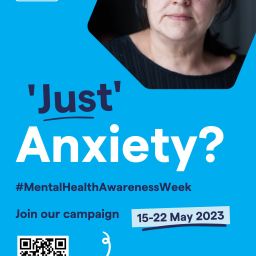
Depression in pregnancy, known as antepartum depression, is becoming extremely common with the World Health Organisation stating that as many as 1 in 10 parents-to-be are affected. A recent study conducted in Bristol found that the number of pregnant women suffering from anxiety and depression during pregnancy has risen by half within a single generation.
In the first generation of women studied in the 90s 17% of young pregnant women in the study reported depressive symptoms severe enough to meet clinical criteria. This worrying (any much higher than the WHO reported rates) figure increased to 25% of respondents from the second generation of the study.
It was found that women who experienced antepartum depression were significantly more likely to have daughters who also experienced depression during pregnancy. Experts believe the spike has been at least partly caused by the rise of social media, financial pressures and worsening support from health services.
Research has shown repeatedly that in-utero stress can affect the growth of a baby’s brain as well as lead to significantly poorer health outcomes with higher pre-natal stress and depression leading to higher levels of asthma, anxiety and ADHD in children.
A mother struggling with anxiety and depression is also less likely to form a strong bond with their baby, which can lead to further behavioural, cognitive and emotional developmental delays; the need to identify and implement effective treatment is clear.
So, how do you manage pregnancy anxiety and depression? Both pre-natal and post-natal issues can be alleviated through hypnotherapy says the National Council for Hypnotherapy. The NCH says hypnosis can ‘help overcome fear and anxiety around conception, parenting or birth itself. It can reduce stress and anxiety, boost confidence to be a parent and give mothers a feeling of control’.
Hypnobirthing teaches the mother specific pain control techniques along with relaxation exercises which leading to significantly faster births with fewer medical interventions and faster recoveries; this type of birth experience is believed by many to reduce the risk of post-natal depression, with participants report a significant reduction in stress and anxiety surrounding becoming a parent.
With over 1,800 therapists around the UK in its directory, the National Council for Hypnotherapy is an excellent resource for finding a qualified hypnobirthing practitioner. Search now to find practitioner near you.












